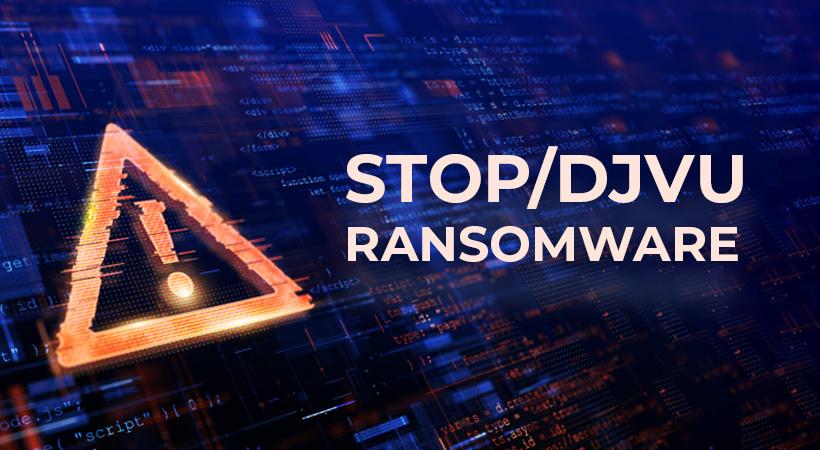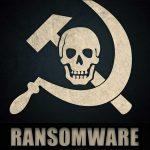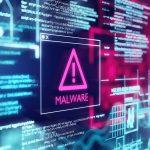GUJD Ransomware Employs an Uncrackable Cryptographic Algorithm
The STOP/Djvu ransomware family strikes again with its newest addition GUJD Ransomware. Like its sister ransomware strains, this version of the popular and widely employed STOP/Djvu code renders its victims’ files inaccessible. The seemingly indiscriminate takeover of the affected computer results in the locking of files that include photos, music, documents, video data and more.
According to Securelist.com, ransomware strains associated with the STOP/Djve ransomware family were among the most widespread malware variants of 2019 and 2020, taking 3.85% and 6.90% of the ransomware market each year.
Like most other ransomware strains, GUJD Ransomware spreads via phishing campaigns, bundled software and malicious websites. Once infected, the victim’s files are encrypted using the AES-256 encryption algorithm. The malware will then append the .gujd extension to the encrypted files, which is the basis for its name. Affected users will also find a ransom note on their desktop that demands as much as $980 to restore the files. According to the note, the ransom demand can be cut in half to $490 if communication via one of the two emails provided, either ‘helpteam@mail.ch’ or ‘helpmanager@airmail.cc’, is established within 72 hours after infection.
The GUJD Ransomware ransom note reads in part:
‘ATTENTION! Don’t worry, you can return all your files! All your files like pictures, databases, documents and other important are encrypted with strongest encryption and unique key. The only method of recovering files is to purchase decrypt tool and unique key for you.
What guarantees you have? You can send one of your encrypted file from your PC and we decrypt it for free. But we can decrypt only 1 file for free. File must not contain valuable information.
We certainly do not recommend ever playing ball with cybercriminals and actually paying the ransom. We strongly suggest to have a reputable malware remediation tool to deal with GUJD Ransomware and other threats. You can also protect yourself by keeping copies of your critical files on either the cloud or secure external drives. By keeping adequate backups, you can ensure the safety of your valuable data.





